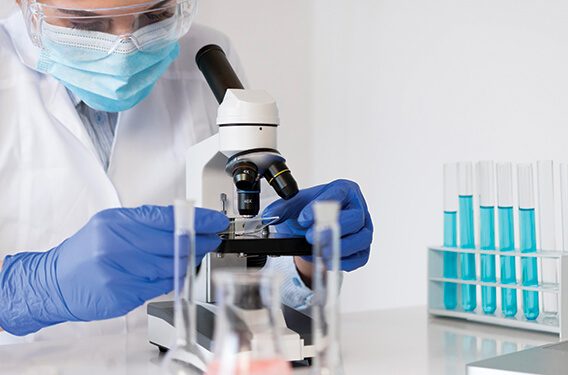What Tests are done for Infertility?
Semen analysis, ovulation tests, hormone tests, HSG, ultrasound imaging, genetic testing, and laparoscopy can be used to detect infertility. Different tests might be needed depending on a person’s unique situation and medical history. To identify the underlying reason for infertility, a healthcare expert might suggest the proper testing.
Diagnostic Testing for Female Infertility?
There is no one “optimal” test for female infertility because the particular tests that are advised
may vary depending on the circumstances and medical background of the patient. Tests for ovarian reserve, hysterosalpingography, laparoscopy, and ovulation are frequently used to assess female fertility. It is crucial to speak with a healthcare professional to determine which tests would suit a given person’s circumstances.
Which Test is Best for Male Infertility?
The most popular and trustworthy test to determine male infertility is a semen analysis, which evaluates the
number, quality, and mobility of sperm in semen. Other tests such as hormone, genetic, and testicular biopsies may also be advised. To choose the best test for a person’s circumstances, they must speak with a healthcare professional.
What is the First Test for Fertility?
Usually, the first fertility test entails a physical examination and assessment of the patient’s medical history by a medical professional. A pelvic exam and pap smear may also be performed on women. Semen analysis is typically the first test used to assess male fertility. Further tests to evaluate fertility more thoroughly may be advised based on the initial evaluation findings.
Hormone Test for Fertility?
Hormone testing is an important tool for evaluating fertility in both men and women. For women, hormone tests such as follicle-stimulating hormone (FSH), luteinizing hormone (LH), and estradiol can be used to assess ovarian reserve and ovulation. For men, hormone tests can measure testosterone levels, luteinizing hormone (LH), and follicle-stimulating hormone (FSH) to evaluate the production of sperm. These tests can provide valuable information about hormone imbalances or other factors affecting fertility.













